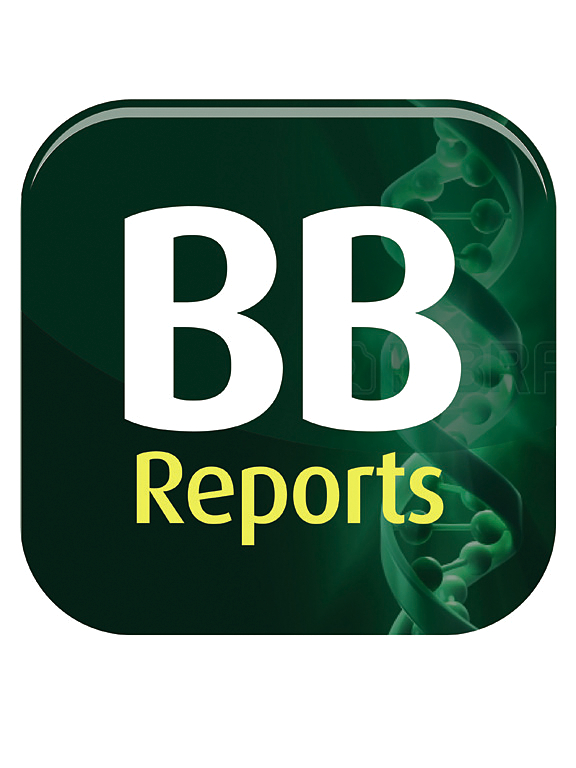Evaluation of an anti-CD3 VHH and construction of an anti-CD3/anti-EGFR bispecific tandem VHH as a cancer cell targeting drug construct
IF 2.3
Q3 BIOCHEMISTRY & MOLECULAR BIOLOGY
引用次数: 0
Abstract
Recently, the development of T-cell engager cancer therapeutics, consisting of anticancer and anti-T-cell antibody parts to engage the T-cell to the cancer site, has gained interest. Anti-CD3 antibodies are predominantly used to achieve specific binding to T-cells for the T-cell engager construction. Various kinds of anti-CD3 IgG clones have been developed and engineered, but the available anti-CD3 VHH, a single variable domain of a dromedary heavy-chain antibody, clones are limited in number. Thus, the assessment of the available anti-CD3 VHHs is important for therapeutic applications. Here, we demonstrated the expression and characterization of an anti-CD3 VHH clone, 117G03, and evaluated this T-cell engager with an anti-EFGR VHH in a bispecific format to assess the developability of this anti-CD3 VHH clone. 117G03 was expressed as a monomer in the soluble fraction and demonstrated decent thermal stability with binding activity against a CD3-positive cell line. The T-cell engager construct was prepared using the refolding method and exhibited enhanced cytotoxic activity against the epidermal growth factor receptor (EGFR)-positive cell line mediated by activated T-cells. These results indicate that 117G03 can be utilized for T-cell engager applications.
求助全文
约1分钟内获得全文
求助全文
来源期刊

Biochemistry and Biophysics Reports
Biochemistry, Genetics and Molecular Biology-Biophysics
CiteScore
4.60
自引率
0.00%
发文量
191
审稿时长
59 days
期刊介绍:
Open access, online only, peer-reviewed international journal in the Life Sciences, established in 2014 Biochemistry and Biophysics Reports (BB Reports) publishes original research in all aspects of Biochemistry, Biophysics and related areas like Molecular and Cell Biology. BB Reports welcomes solid though more preliminary, descriptive and small scale results if they have the potential to stimulate and/or contribute to future research, leading to new insights or hypothesis. Primary criteria for acceptance is that the work is original, scientifically and technically sound and provides valuable knowledge to life sciences research. We strongly believe all results deserve to be published and documented for the advancement of science. BB Reports specifically appreciates receiving reports on: Negative results, Replication studies, Reanalysis of previous datasets.
 求助内容:
求助内容: 应助结果提醒方式:
应助结果提醒方式:


